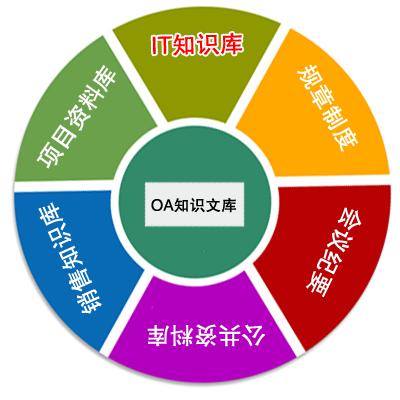When dealing with leading edge cyber security research, especially when operating from the perspective of an attacker or a red team, it becomes necessary for one to at times consider how ethics comes into play. There are currently no cyber security-specific ethics standards, which in particular is one reason more adversarial cyber security research lags behind in Japan. In this research, using machine learning and manual methods we extracted best practices for research ethics from past top conference papers. Using this knowledge we constructed an ethics knowledge base for cyber security research. Such a knowledge base can be used to properly distinguish grey-area research so that it is not wrongly forbidden. Using a decision tree-style user interface that we created for our knowledge base, researchers may be able to efficiently identify which aspects of their research require ethical consideration. In this work, as a preliminary step we focused on only a portion of the areas of research covered by cyber security conferences, but our results are applicable to any area of research.
翻译:在应对领先的网络安全研究时,特别是从攻击者或红色团队的角度出发,人们有时有必要考虑道德如何发挥作用。目前没有专门针对网络安全的道德标准,这在日本是一个特别落后的原因。在这一研究中,我们利用机器学习和人工方法,从过去最高级的会议文件中提取了研究道德的最佳做法。我们利用这一知识,为网络安全研究建立了一个道德知识库。这种知识库可以用来适当区分灰色区域研究,从而不会被错误地禁止。利用我们为知识库创建的决策型树型用户界面,研究人员也许能够有效地确定他们研究的哪些方面需要道德考虑。作为初步步骤,我们只侧重于网络安全会议所涉研究领域的一部分,但我们的结果适用于任何研究领域。



